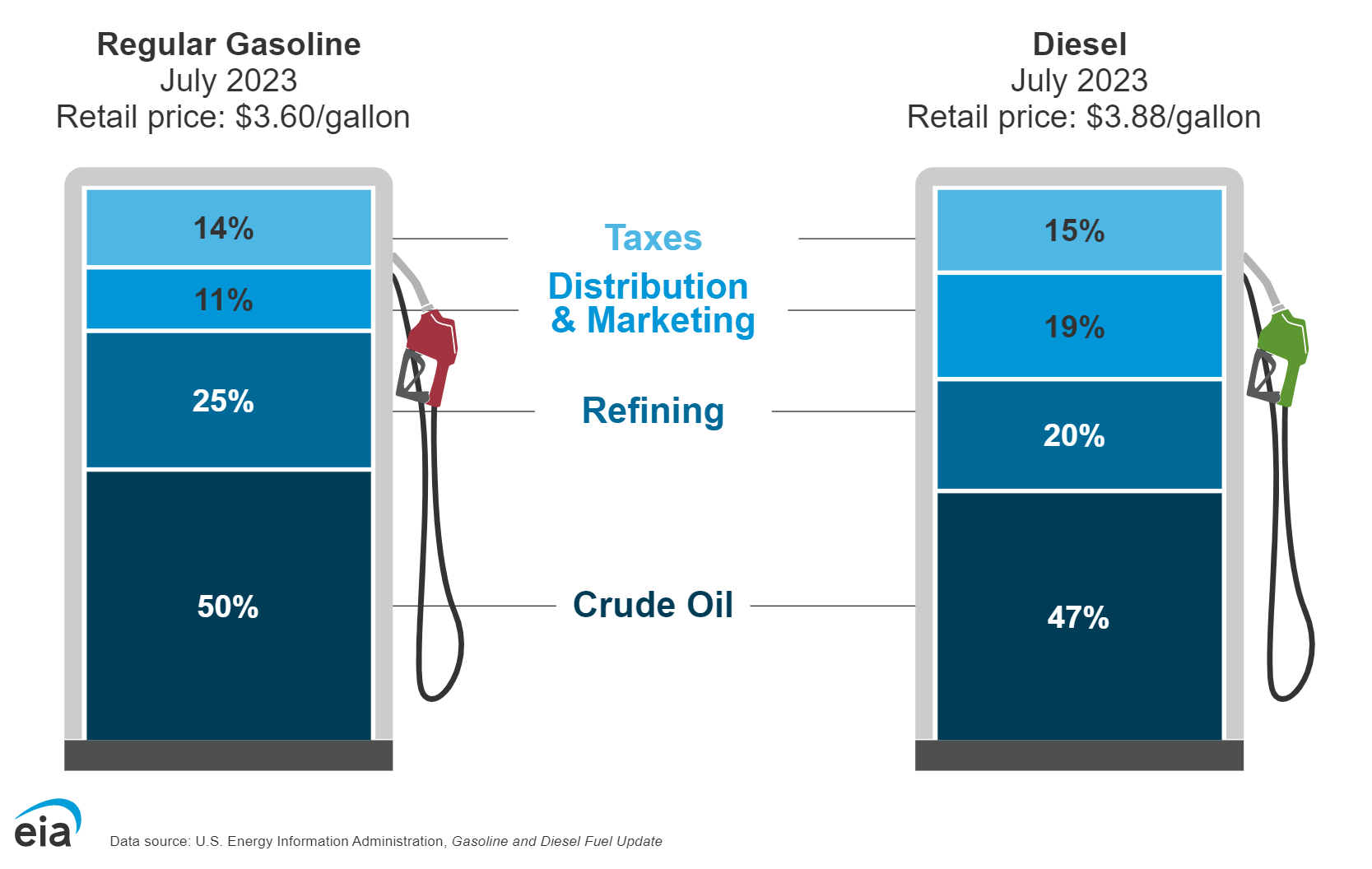Introduction
Retrenchments have become a significant concern across various sectors in South Africa, particularly in recent times as companies navigate economic challenges. Ford South Africa’s recent announcements regarding workforce reductions have sparked concern among employees and the wider community. Understanding the implications of these retrenchments is vital for employees, stakeholders, and those monitoring the automotive industry.
Details of the Retrenchments
In October 2023, Ford South Africa confirmed plans to retrench approximately 1,200 employees as part of its efforts to streamline operations amid shrinking market demands. The decision follows a broader trend observed in the automotive sector, where local manufacturers are struggling with economic pressures exacerbated by global supply chain disruptions and rising inflation rates.
Ford’s decision aligns with similar actions taken by other automotive giants operating in the region, which have also reported reduced sales and profitability. No specific timeline has been revealed for when these retrenchments will take effect, but Ford has committed to providing support for the affected employees, including severance packages and career transition assistance.
Impact on Employees and the Industry
The impact of these retrenchments extends beyond the laid-off workers. With over 4,000 individuals directly employed at the Silverton plant and related facilities, the local economy is at risk of suffering. The retrenchments could potentially lead to increased unemployment rates in the surrounding communities, heavily reliant on the jobs provided by Ford and its suppliers.
Industry analysts indicate that while Ford’s retrenchment is unfortunate, it mirrors larger patterns in the automotive sector, where manufacturers are increasingly leveraging technology and automation to cut costs. This shift often leads to a reduction in the workforce, raising questions about the future of job security in manufacturing sectors.
Conclusion
The retrenchments at Ford South Africa underscore the challenges facing the automotive industry within the country. As the landscape continues to evolve, companies must adapt to launching electric models and integrating new technologies. The effects of these decisions might resonate long after the redaction of jobs, influencing policy discussions, economic recovery efforts, and workforce development initiatives in South Africa.
Moving forward, it is essential for stakeholders, government authorities, and the community at large to engage proactively to address the fallout from the automotive sector’s transformations. Collaboration between manufacturers, labor organizations, and policymakers can create pathways for stability and growth in the face of economic uncertainties.


